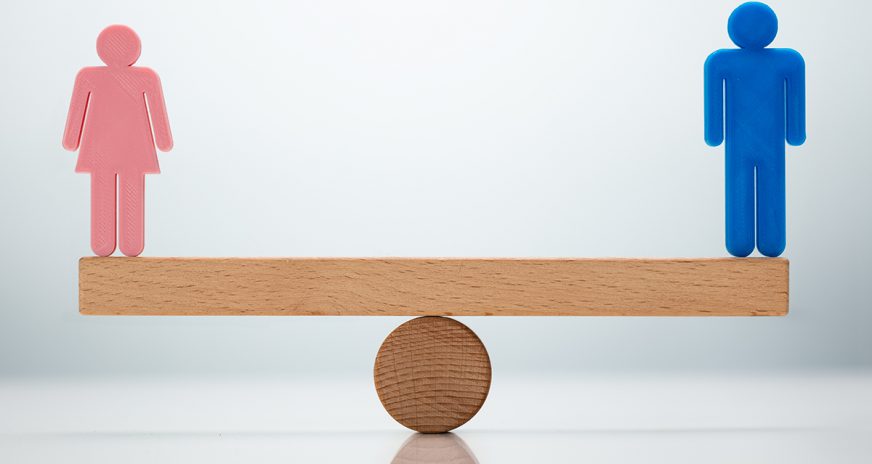
Belarus ranks 29th of 153 countries in the 2020 World Economic Forum Global Gender Gap Report, with the country’s gender gaps being much smaller than those observed in other countries in the region and the world. It exceeds the global average in women’s overall economic participation and security, ranking 5th in economic participation in opportunities, and 39th in education.
Belarus has signed and ratified all relevant international legal frameworks related to gender equality and the empowerment of women. In measuring the progress linked to the SDG 5 indicators on gender equality, Belarus scored 45.5 % for overall legislative frameworks on gender equality and the empowerment of women, and 50 % on employment and economic empowerment. There is no specific gender equality law, but the country plans to carry out an analysis of legislative acts to evaluate and enshrine the principles of non-discrimination.[1] Women’ overall political representation in Belarus at the national and local levels exceeds the majority of Europe and Central Asia countries (ECA), despite temporary special measures (quotas) not being applied. As of early 2021, women make up 29 % of the Council of the National Assembly and 40 % of the House of Representatives.[2]
According to the World Bank’s Global Enterprise Survey, women in Belarus are less likely than men to participate in firms’ ownership/management[3]. Nevertheless, this gap is smaller than in the region and the globe. Namely, 19.2 % of firms in Belarus have women as majority owners (2018 data). Moreover, 21.1% of firms in Belarus have women as top managers (in the ECA, regional average is 18.4%, and globally, 18.2%). At the same time, women still earn 27% less than men on average, with gender pay gap gradually increasing over the last 20 years (from 19% in 2001). Women’s percentage among students of technical professions is 28%. Finally, the gender divide of house chores and care work is significant (26 hours a week for women and 14 hours, for men, on average).
The last training session on Gender Sensitization in 2020 took place in Belarus on 10-11 December 2020 from 10:00 – 14:00 (Minsk time). In parallel, the event was marked by the celebration of the International Human Rights Day, established in 1948 as a landmark to the inalienable rights inherent in everyone, regardless of race, colour, sex, language, religion, and so on. UNIDO’s international gender expert helped the participants understand gender stereotypes and their influence on decision-making, introduced gender aspects in the field of resource efficient and cleaner production and circular economy, and presented basic statistics on Belarus in the field of gender equality.
Participants
The training workshop gathered representatives of the National Implementing Partner in each of the countries as well as representatives of other key stakeholders identified by the NIP. These included government agencies, NGOs, think tanks, industrial associations, private companies or other entities which are most critical in the successful project implementation of the country.
Meeting documents:
[1] National Plan of Action on Gender Equality in the Republic of Belarus for 2017-2020, http://www.government.by/upload/docs/fileba06cb56b775073d.PDF
[2] UN Women, 2019. Belarus Country Gender Equality Brief. UN Women, Istanbul, p. 9.
[3] World Bank, 2019. Global Enterprise Surveys – Belarus Profile, https://www.enterprisesurveys.org/en/data/exploreeconomies/2018/belarus?topic=crime#gender





